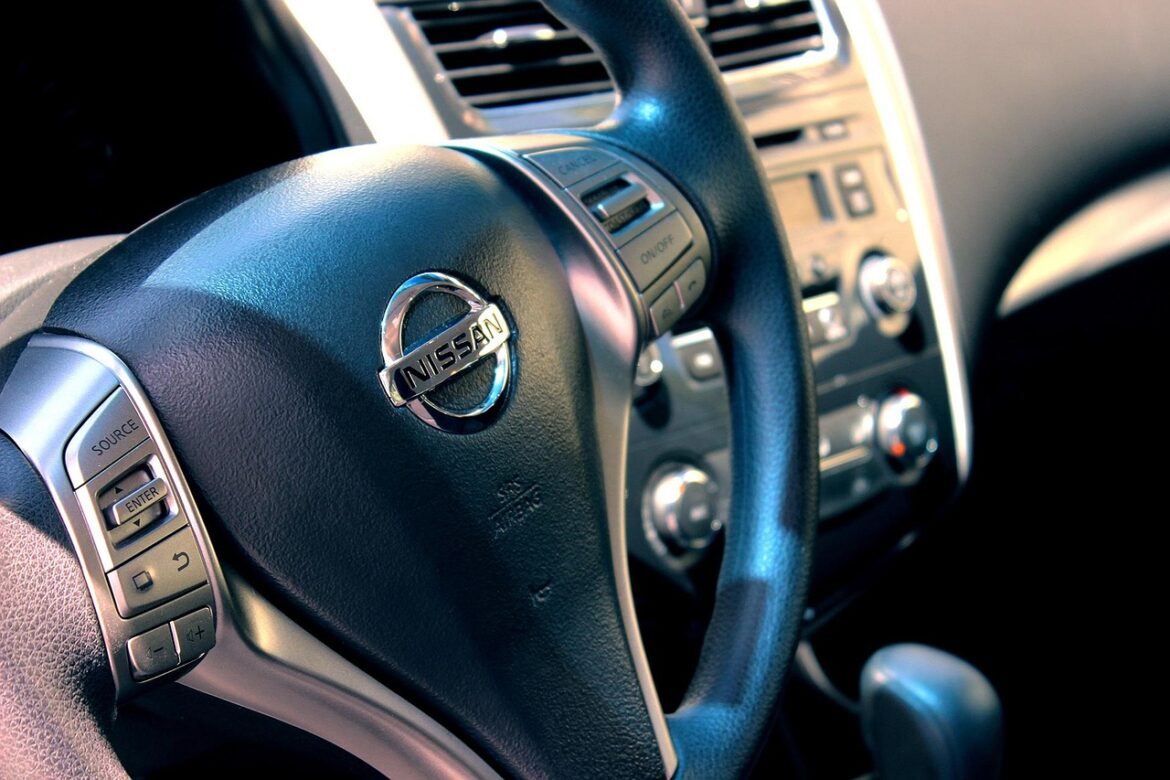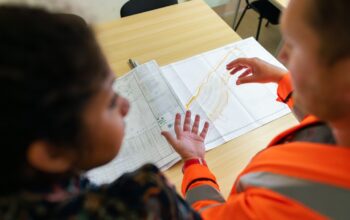Introduction: The Future of Automotive Engineering
Imagine stepping into a car that not only takes you where you want to go but also offers a personalized audio experience, enhances safety with AI, and is powered by advanced, sustainable manufacturing technologies. This is the future of automotive engineering, where innovation meets consumer demand and environmental sustainability. Let’s dive into the top trends that are revolutionizing the industry today.
1. Personalized In-Car Audio Experiences
Do you remember the first time you heard your favorite song in a car? It was probably a magical moment, right? Now, imagine having an audio system that adapts to your mood and preferences. The automotive acoustic engineering services market is surging, driven by consumer demand for better audio and quieter vehicles. This trend is fueled by advancements in audio technology and the integration of acoustic engineering in luxury vehicles. Companies are now focusing on creating personalized audio experiences that can adjust bass, treble, and even the soundstage to match your driving style and music taste. This not only enhances the driving experience but also provides a competitive edge in the market.
2. AI-Powered Automotive Innovations
Artificial intelligence is transforming the automotive industry in ways we never thought possible. From predictive maintenance to autonomous vehicles, AI is being integrated across various segments of the industry. The automotive artificial intelligence market is growing rapidly, with applications in connected cars and autonomous driving. For example, AI can predict when a component might fail, allowing for proactive maintenance and reducing downtime. This not only saves money but also makes vehicles safer and more reliable. The surge in AI adoption is also driving the development of premium and fully digitalized electric vehicles, which are becoming increasingly popular among consumers.
3. Electrification and Advanced Materials
As the world shifts towards sustainability, the automotive industry is embracing electrification and advanced materials. Companies like Toyota Industries Corporation are pioneering UV-curable coatings that reduce carbon emissions and costs. This single-layer coating replaces traditional three-layer systems, making vehicles lighter and more efficient. Similarly, innovations in materials science are leading to the development of next-generation electronics and optical devices that are clearer, brighter, and more efficient. These advancements are crucial in the quest for sustainable mobility and better performance.
4. Precision Engineering and 3D Printing
Imagine a world where cars are built with parts that have been precision-crafted using 3D printing. This technology allows for the production of complex parts with improved attributes, which is particularly useful in industries like aerospace and automotive. The future of precision engineering involves not just 3D printing but also the use of smart materials and sensors that can alert you to any issues before they become major problems. This real-time feedback enhances safety and efficiency, making vehicles more reliable over time.
5. Sustainable Manufacturing and Powertrain Innovations
As consumers become more environmentally conscious, the automotive industry is responding with sustainable manufacturing practices and powertrain innovations. Companies like Amsted Automotive are showcasing cutting-edge solutions, including electro-mechanical wheel-end disconnect systems that enhance towing capabilities and improve fuel efficiency. These innovations not only reduce the environmental impact of vehicles but also improve their overall performance and efficiency. The integration of such technologies into manufacturing processes is setting a new standard for the industry, one that prioritizes sustainability alongside performance.
Conclusion: A New Era for Automotive Engineering
The automotive industry is at a crossroads, with technology and sustainability driving the way forward. From personalized audio to sustainable manufacturing, these trends are transforming the way cars are built and experienced. As we look to the future, one thing is clear: the automotive engineering of tomorrow will be more personalized, more sustainable, and more connected than ever before.
References:
- https://world.einnews.com/pr_news/819338305/top-trend-in-automotive-acoustic-engineering-services-market-2025-focus-on-personalized-audio-for-competitive-edge
- https://www.yolegroup.com/strategy-insights/automotive-white-paper-drive-the-future/
- http://northeast.newschannelnebraska.com/story/52830812/comprehensive-insights-of-the-automotive-artificial-intelligence-market-key-trends-growth-and-forecast-for-2025-2034
- https://boards.autodesk.com/automotive-innovation-forum/items/aif25ai-accelerated-engineering-and-design
- https://www.coatingsworld.com/contents/view_breaking-news/2025-05-06/radtech-announces-2025-automotive-innovation-radlaunch-winners/
- https://www.prnewswire.com/news-releases/amsted-automotive-brings-its-advanced-powertrain-efficiency-solutions-and-metal-forming-capabilities-to-china-for-tmc-2025-302473450.html
- https://en.wikipedia.org/wiki/Automotive_industry_in_Indonesia
- https://metrology.news/5-future-trends-in-precision-engineering/



